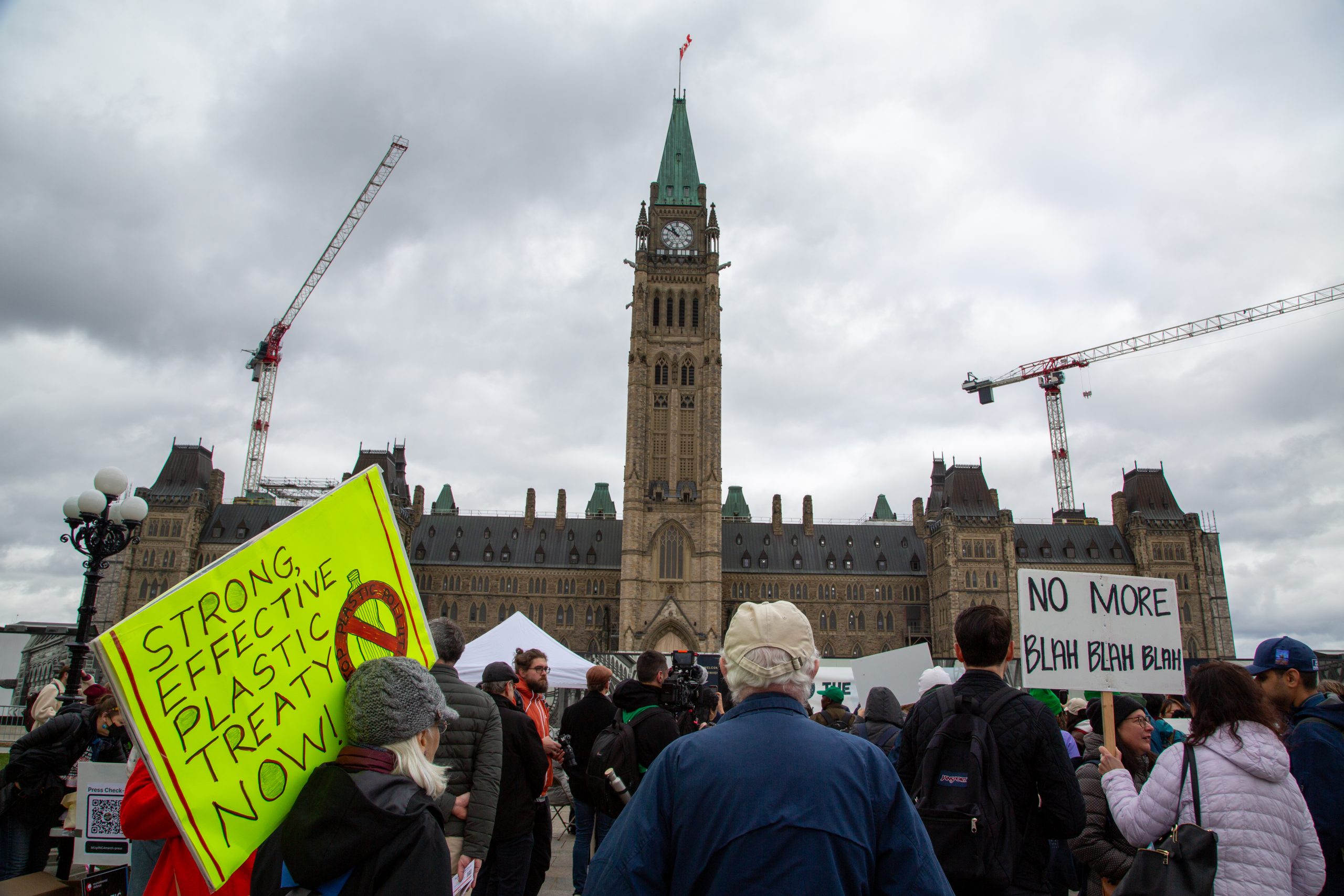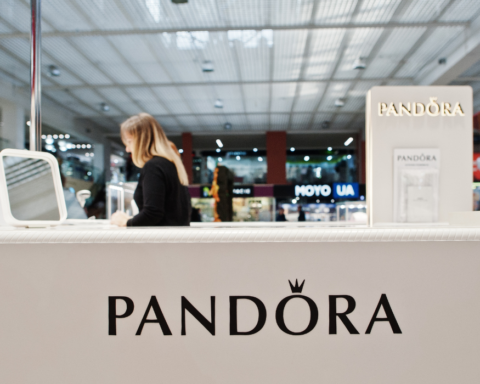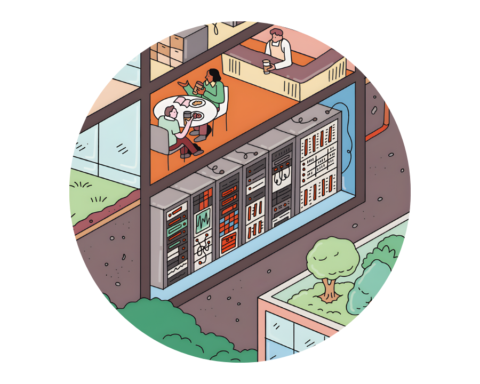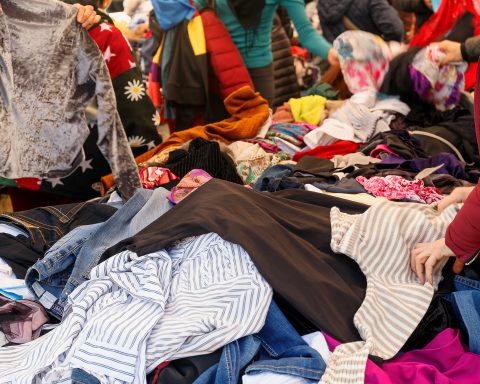“Ambition needs to be more than just words.” That was the message of hundreds of representatives from environmental groups and Indigenous communities who rallied on Parliament Hill in the lead-up to the fourth session of the Intergovernmental Negotiating Committee on Plastic Pollution, or INC-4.
“Plastic pollution? We have solutions,” the group chanted as it marched through downtown Ottawa to the convention hall where negotiations were about to begin on a global treaty to end plastic pollution.
Environmentalists were hopeful that the fourth of five rounds, which began two years ago in Uruguay, would make significant progress. But by the time negotiations ended late on the final night, that hope had dissolved.
“We were not close to having an international instrument that works to eliminate plastic pollution after having had a much-anticipated session here in Ottawa,” Elizabeth May, leader of the Green Party of Canada, tells Corporate Knights.
During eight days of negotiations, representatives from more than 170 countries convened to forge a legally binding treaty that will spell out how the world can end plastic pollution. Negotiators made little progress on the substance of the treaty but at least agreed to keep working in interim meetings before the next and final session in Busan, South Korea, in November.
“It isn’t that we didn’t make some progress, but if we’re serious about having an international convention to end plastic pollution by [the end of] 2024, the [interim] sessions really have to take off,” May says.
The United Nations estimates that the world makes around 400 million tonnes of plastic a year and that this will double by 2040 if left unchecked. In addition to wreaking havoc on marine ecosystems and making their way into human bodies, plastics are responsible for four times as much greenhouse gases as the airline industry, according to new research from the U.S. government.
To date, less than 10% of plastic produced has been recycled, a statistic that has led environmental organizations to call for a cap on plastic production. For decades, the petrochemical industry has pushed recycling as a solution to the plastics crisis despite knowing it wasn’t technically or economically feasible, according to a recent report by the Center for Climate Integrity.
“The industry is constantly putting forward proposals for false solutions that aren’t getting at the root cause of the plastic pollution crisis, from waste-to-energy, chemical recycling, recycled content and products, but maintaining business as usual on production,” says Sarah King, the head of Greenpeace Canada’s oceans and plastics campaign. “Industry will continue to find ways to keep the status quo.”

Last year at INC-3 in Nairobi, advocates blamed a small group of oil-producing states that included Iran, Saudi Arabia and Russia for bogging down progress with procedural issues. This year, there was an even larger industry presence, with 196 lobbyists from the fossil fuel and chemical sectors attending the talks, a 37% increase from INC-3 according to the Center for International Environmental Law (CIEL).
Advocates say it would be one thing if these lobbyists were on equal footing with other attendees. But several of them were part of state delegations, giving them access to closed-door negotiations. CIEL found that 16 petrochemical lobbyists were on nine different countries’ delegations, including four on Malaysia’s and three on Thailand’s.
Meanwhile, Indigenous delegates did not have a seat at the negotiating table. Representatives from Indigenous communities, such as the Aamjiwnaang First Nation in southwestern Ontario, wanted to share their experience as “front-line communities” that suffer because of their proximity to plastic-producing facilities.

“We demand that you listen to the voices of our people,” Suzanne Smoke, a representative of Society of Native Nations, told the rally on Parliament Hill before negotiations began. “We are no longer going to sacrifice our children and our future generations for what you call development and progress.”
The presence of the petrochemical industry was felt throughout Ottawa during the negotiations. A group called These Plastics peppered the city’s airport with pro-plastic ads. They had people walking around downtown with signs strapped to their backs, spreading their message that “these plastics save lives,” “reduce food waste” and “deliver water.”
As the lights went out at the Shaw Centre in Ottawa, concluding the treaty talks at INC-4 in late April, the United Nations Environment Programme sent reporters a press release that trumpeted “Road to Busan clear.” But before negotiators make it to INC-5 in South Korea, negotiators will have their work cut out for them at the interim talks.
Advocates fear that unless a group of 118 countries called the High Ambition Coalition, which is calling for stronger measures, steps up to drive the process, there is a risk that not much will change between now and the final hour in South Korea.
The road to Busan may be bumpy.







